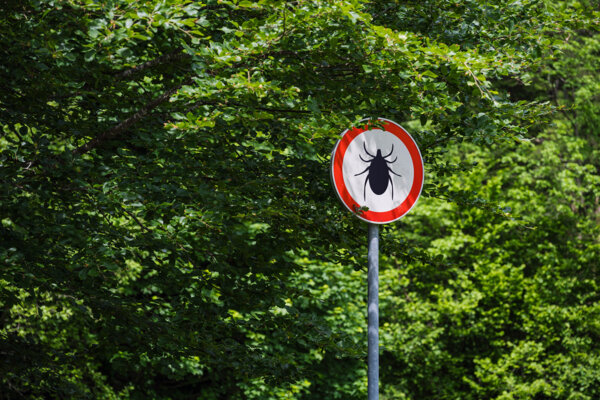Cites ‘almost total lack of consensus as to the medical ethics of adolescent gender dysphoria treatment’
By Bob Unruh
![]() “We are the first state in the nation to successfully defend such a law at the trial court level. I’m extremely proud of the thousands of hours my office put in to shine a light on the lack of evidence supporting these irreversible procedures. We will never stop fighting to ensure Missouri is the safest state in the nation for children,” he explained.
“We are the first state in the nation to successfully defend such a law at the trial court level. I’m extremely proud of the thousands of hours my office put in to shine a light on the lack of evidence supporting these irreversible procedures. We will never stop fighting to ensure Missouri is the safest state in the nation for children,” he explained.
The comment followed a decision by the Cole County Circuit Court in Noe v. Parson, a dispute over transgenderism, that affirmed a state law protecting children from “harmful, unnecessary, and high-risk transition drugs and surgeries.”
The ADF worked along with AG’s office to defend the law, and ADF lawyer Hal Frampton said, “Missouri rightly enacted a law that protects the health and welfare of all children—supporting their natural biological development and ensuring that children experiencing gender dysphoria have support and medical care rooted in biology and science.”
He pointed out, “Driven by ideological agendas, activists and the Biden-Harris administration have pushed these dangerous procedures across the country and are attempting to prevent states from exercising their rightful role to regulate the medical profession and protect kids.”
He pointed out that around the world, nations that used to promote the ideology, now are backing away.
A report from a broadcaster, KCUR, explained the ruling was from Craig Carter, a Wright County judge serving in Cole County.
A ruling, 74 pages, agreed with the state arguments against what LGBT promoters called “gender-affirming care.”
The report said the state’s lawmakers in 2023 agreed to limit the use of cross-sex hormones and puberty blockers and undergoing gender transition surgeries, which end up mutilating juvenile bodies and often leaving them sterile for life.
The law also blocks the state from paying for such radical actions for adults through the state Medicaid program.
The report said the ruling noted the U.S. Supreme Court allows lawmakers broad discretion in areas “fraught with medical and scientific uncertainty.”
And the judge pointed out there is “an almost total lack of consensus as to the medical ethics of adolescent gender dysphoria treatment.”
The judge said the medical profession “stands in the middle of an ethical minefield, with scant evidence to lead it out.”











